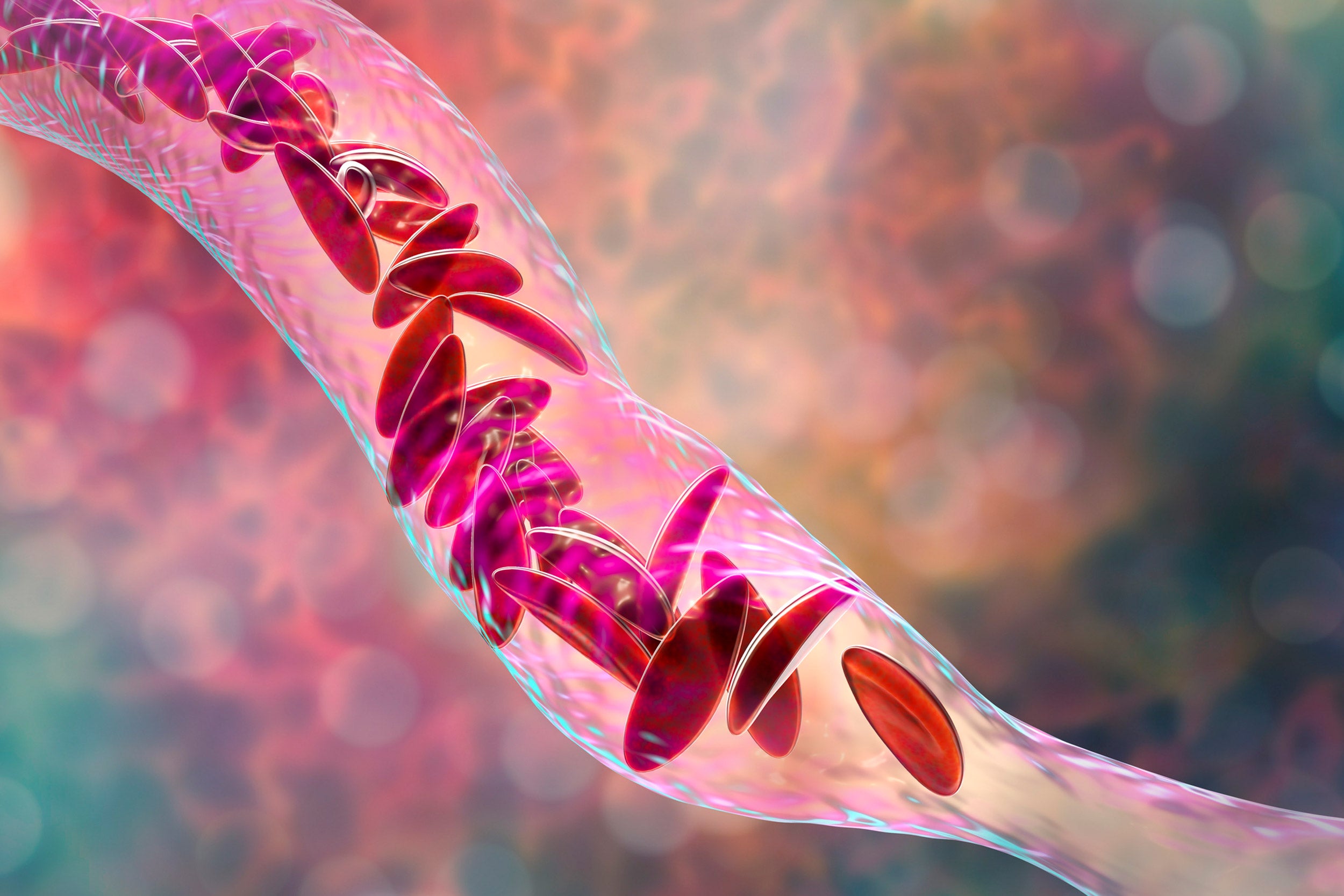Progeria study finds base-editing therapy lengthens lifespan in mice
Several hundred children worldwide live with progeria, a deadly premature aging disease.
Caitlin McDermott-Murphy
• harvard
Jan. 27, 2021 • ~9 min
Jan. 27, 2021 • ~9 min
New technique enables subcellular imaging of brain tissue 1,000X faster than other methods
Combining two recently developed technologies — expansion microscopy and lattice light-sheet microscopy — researchers have developed a method that yields high-resolution visualizations of large volumes of brain tissue, at speeds roughly 1,000 times faster than other methods.
Kevin Jiang
• harvard
Jan. 22, 2019 • ~10 min
Jan. 22, 2019 • ~10 min
New technique enables subcellular imaging of brain tissue 1,000X faster than other methods
Combining two recently developed technologies — expansion microscopy and lattice light-sheet microscopy — researchers have developed a method that yields high-resolution visualizations of large volumes of brain tissue, at speeds roughly 1,000 times faster than other methods.
Kevin Jiang
• harvard
Jan. 22, 2019 • ~10 min
Jan. 22, 2019 • ~10 min
/
1



